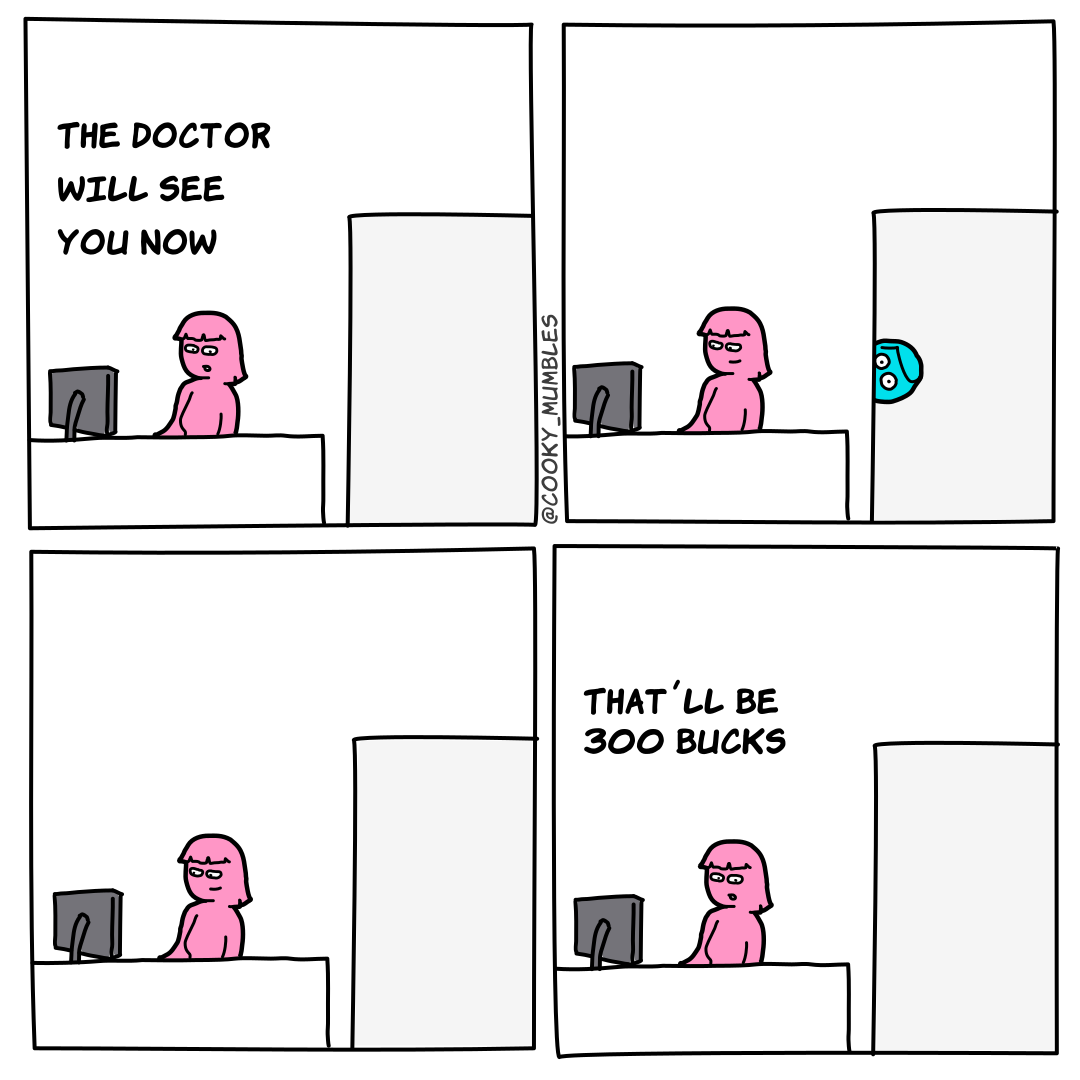Comics
This is a community for everything comics related! A place for all comics fans.
Rules:
1- Do not violate lemmy.ml site-wide rules
2- Be civil.
3- If you are going to post NSFW content that doesn't violate the lemmy.ml site-wide rules, please mark it as NSFW and add a content warning (CW). This includes content that shows the killing of people and or animals, gore, content that talks about suicide or shows suicide, content that talks about sexual assault, etc. Please use your best judgement. We want to keep this space safe for all our comic lovers.
4- No Zionism or Hasbara apologia of any kind. We stand with Palestine 🇵🇸 . Zionists will be banned on sight.
5- The moderation team reserves the right to remove any post or comments that it deems a necessary for the well-being and safety of the members of this community, and same goes with temporarily or permanently banning any user.
Guidelines:
- If possible, give us your sources.
- If possible, credit creators of each comics in the title or body of your post. If you are the creator, please credit yourself. A simple “- Me” would suffice.
- In general terms, write in body of your post as much information as possible (dates, creators, editors, links).
- If you found the image on the web, it is encouraged to put the direct link to the image in the ‘Link’ field when creating a post, instead of uploading the image to Lemmy. Direct links usually end in .jpg, .png, etc.
- One post by topic.
view the rest of the comments

This. But also add medical facilities like hospitals, medical equipment manufacturers, and drug companies.
A lot of times people equate the entire charge they receive with the physician fee. But only a portion of that is actually for the physician. In a hospital stay you'll often get a separate much smaller bill that's actually for the physician, the main bill has nothing to do with them and is entirely from the facility and other costs.
To give some perspective, for a brand new patient outpatient visit for a very complex and likely multiple medical issues involving multiple medications, some of which are high risk, likely an hour long visit minimum if not more. Highest the physician can bill is about the equivalent of 200 bucks (like 6 rvus). More typical visits would be closer to like 60 dollars. Rest of the fee is the facility or games the hospital is playing to get your insurance company to cough up. What the physician themselves can actually bill is quite strictly regulated, and even that portion rarely goes directly to the physician nowadays (physicians are mostly employees now who don't get the fees directly, their employer does). Their fee makes up more of the charge in a outpatient visit, but for a hospital stay the physician fees are usually a single digit percentage of the total cost. These issues are also why you see concierge medical clinics opening up where they just take cash, because the actual amount physicians themselves can bill isn't that big. Oh and the fee is supposed to cover not just the appointment, but all the time they take documenting a visit note (which is gonna take a while for a complex one hour visit), all the prepatory work for the visit, communicating with other health care providers or pharmacies etc, and any follow up care or questions.
Not to mention the pressures from above with employers forcing doctors to see more and more patients in a shorter time. Anyways, point is, doctor isn't to blame here. We need socialized medicine or something like it badly.
This is actually the correct answer. The people on the ground from the physicians to nurses, janitorial and ancillary staff... The good ones will give you the best care they can.
It's horrible to be handcuffed every day by a healthcare system when you take an oath to First, do no harm
I kinda understand why communication for other healthcare providers is needed(med history), but what pharmacies have to do with all of this?
I was just listing that there are many other things that are expected to be included in the relatively small physician fee (usually about $60 in the end for a typical visit). When I referred to the communicating with pharmacies part to give you more detail, I mean writing all the orders for lab tests and medications, communication with the pharmacy about any issues that arise. Many medications aren't very straightforward to send to the pharmacy. They can involve additional paperwork from the insurance company or the drug manufacturer first that a doctor needs to fill out first. A lot of newer drugs must be routed through particular specialty pharmacies and they have their own special procedures that must be followed. Some drugs have programs with the company the doctor has to be enrolled in/compelte to certify education in their drug, some have their own special consents. Another reason many physicians don't work on their own anymore is just obtaining medications for patients has become its own herculean task, so many medical departments now have a medication access team of full time employees that just specialize in getting medications started for patients and making sure all these different things are taken care of.
But the point of it all really is, in many cases there's just as much work behind the scenes for the doctor, if not more so, than the actual time spent during the appointment, all also expected to be covered by a relatively small fee. And all of that starts compounding even worse the shorter the appointments are as that background work from even more patients builds up, and that's yet another pressure squeezing in on time with patients.
Wow. Thanks.